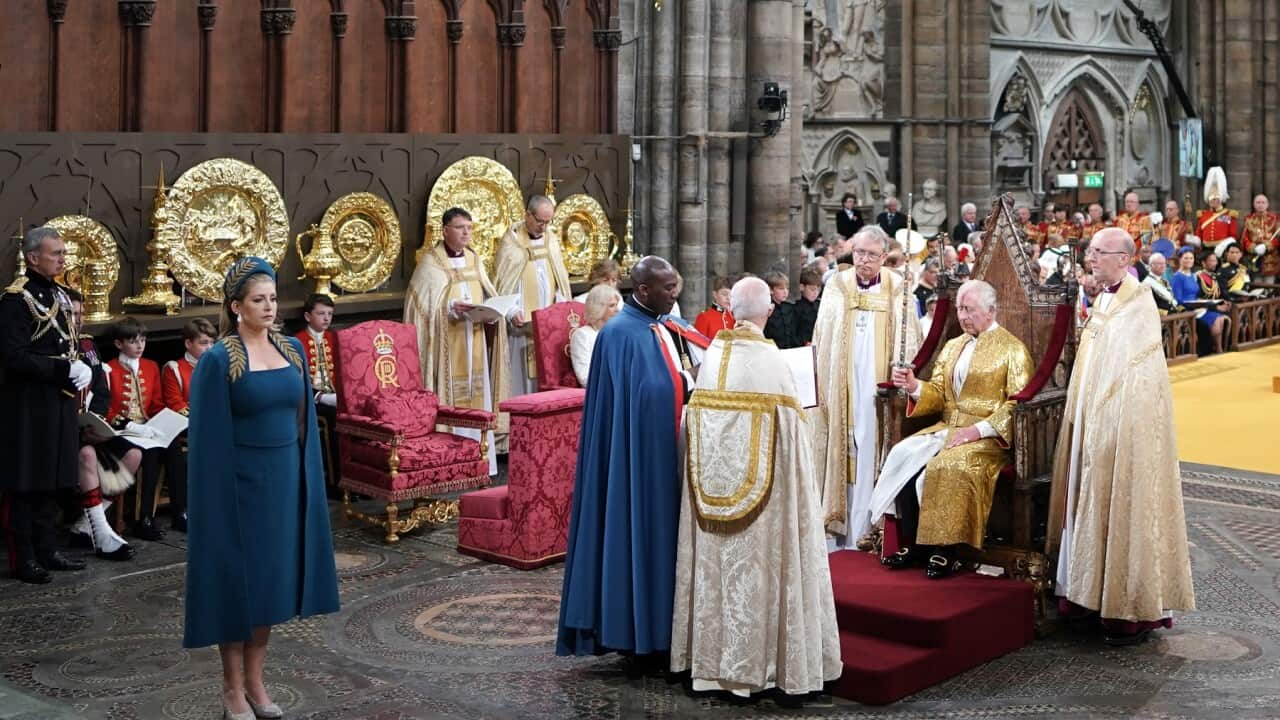Up for grabs are the 300 seats of the unicameral National Assembly. But the election has been overshadowed by the declining popularity of President Park Geun-hye and intense infighting within the ruling Saenuri (New Frontier) Party between pro and anti-Park camps.
Part of the malaise stems from the fact that South Korean presidents are restricted to a single five-year term in office. When South Korea democratised in 1987, this deliberate safeguard was written into the new constitution as a check against backsliding towards military dictatorship.
Since then, South Korea has consolidated its democracy. It has held seven elections for the National Assembly as well as six presidential elections, and there have been changes of government from ruling to opposition parties. Almost 30 years on, the legitimacy of elections, respected by both winners and losers in the process, has become entrenched.
Korean Progam presents a special voxpop series with those who have cast a vote in Australia for the Korea's general election which takes place on 13 April in Korea, to hear about their percetion on the overseas voting system and desire for Korean politicians.




